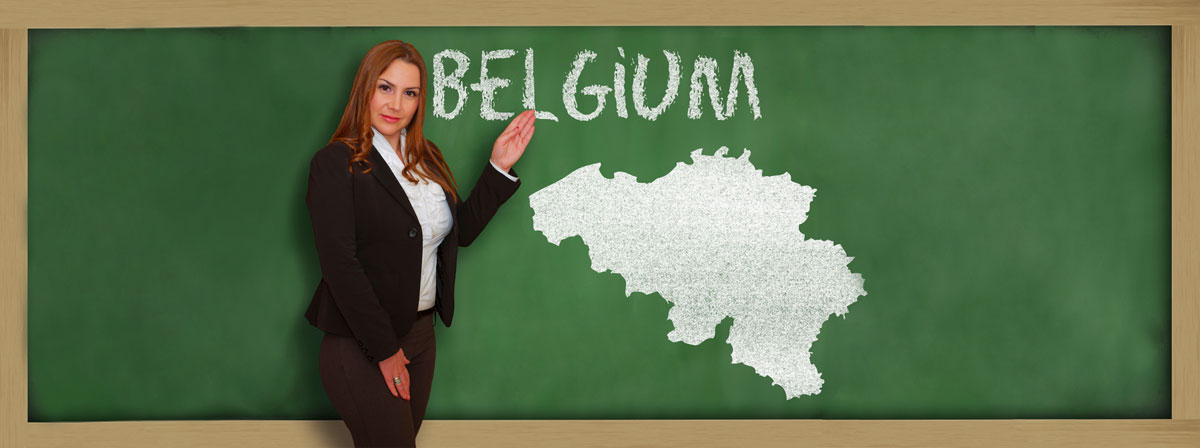
For a small country, whose motto is ‘Strength in Unity’, Belgium is a bit of anomaly. It has three official languages, Dutch, French and German, and four official language districts. But written into the constitution, is the freedom to speak whatever language you wish. How did this come about? So, which language in Belgium should you use?
In 1962, four language areas were delineated according to prevalent language use.
In the northern area, Flanders, where about 60% of the population live, Dutch is the official language. South of an East-west line, dividing the country south of Brussels, in the Walloon area, French is the official language. This leaves a small area in the east where German takes precedent. Finally, Brussels, an island in the Dutch speaking Flemish area, is officially bi-lingual, French and Dutch.
But many Belgians speak at least two languages, Dutch and French being most common, although English is also widely spoken in the urban areas.
Why is Brussels bilingual?
Historically, Brussels is Dutch speaking, but in the mid 19th century, when Belgium became independent, French was chosen as the national language. French became the language of the courts, administration, culture and the army. However, there were just too many Dutch speaking nationals in this area, so when Belgium was divided into the four language zones, Brussels became bilingual, as did the 19 municipalities bordering Brussels.
Why do the Flemish people around Brussels protect their Dutch language?
Located around Brussels are 19 municipalities, where the local populations are encouraged to speak Dutch. Here, there has been a big influx of French speaking nationals and also foreigners. To protect their Dutch language in these areas, measures have been taken to encourage the use of Dutch and to discourage the use of other languages. The local authorities use Dutch, traders are encouraged to work and advertise in Dutch, street sign are in Dutch, although tourist information centres, and the airport are allowed to use the three national languages as well as English.
One may question whether English should become a fourth national language – but imagine the practical problems – stationary, signs, public services. It would just be too impractical.
Which Language do Companies and Hospitals use?
Companies are permitted to use whichever language they wish in their external contacts. But within the company, internal language use and official documents must be in the official language of the area, although translations are permitted, or even obligatory.
In Flanders although freedom of language exists in principle, manuals, safety signs, written and even oral communication must be in Dutch. So your pay slip, your contract will be in Dutch, although you may get a translation. Your boss should speak to you in Dutch (although you need not necessarily reply in Dutch). Job interviews in Flanders must be held in Dutch – although the interviewer may ‘test’ your other language skills.
In the bilingual areas around Brussels, although by law either French or Dutch may be used by private companies, the authorities appreciate it if only Dutch is used in advertising. All other advertising and official documents in Flanders must be in Dutch. Hospitals and emergency services in Brussels must use Dutch and French; in other areas they use the language of the area. Public rest homes and hospitals in Brussels must provide help and documents in both French and Dutch, although private rest homes are not legally obliged to use Dutch.
In Schools
In schools children are taught in the language of the area. Foreign languages can be taught in the foreign language. In Brussels, parents can chose whether to send their child to a Dutch speaking school or a French one, and a growing number of subjects are taught in English.
There are some exceptions:
The language of Belgium in quite complex – where you have to speak Dutch, where you can speak French, or English – or German.
Click the following link to get a free quote on your house removals UK to Belgium.
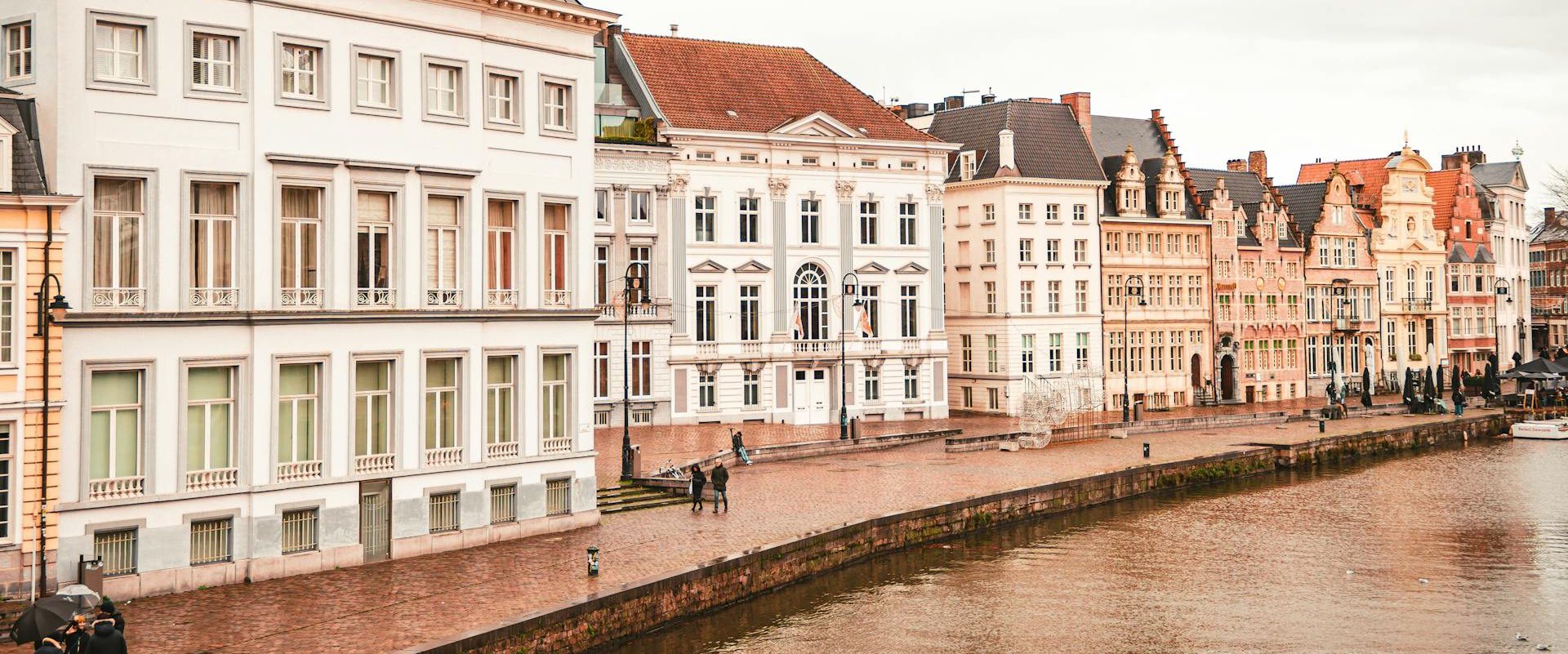 Navigating the Belgian Language Landscape: A Guide for Expats
Navigating the Belgian Language Landscape: A Guide for ExpatsNavigating the Belgian Language Landscape: A Guide for Expats Belgium's rich tapestry of culture, history, and gastronomy is…
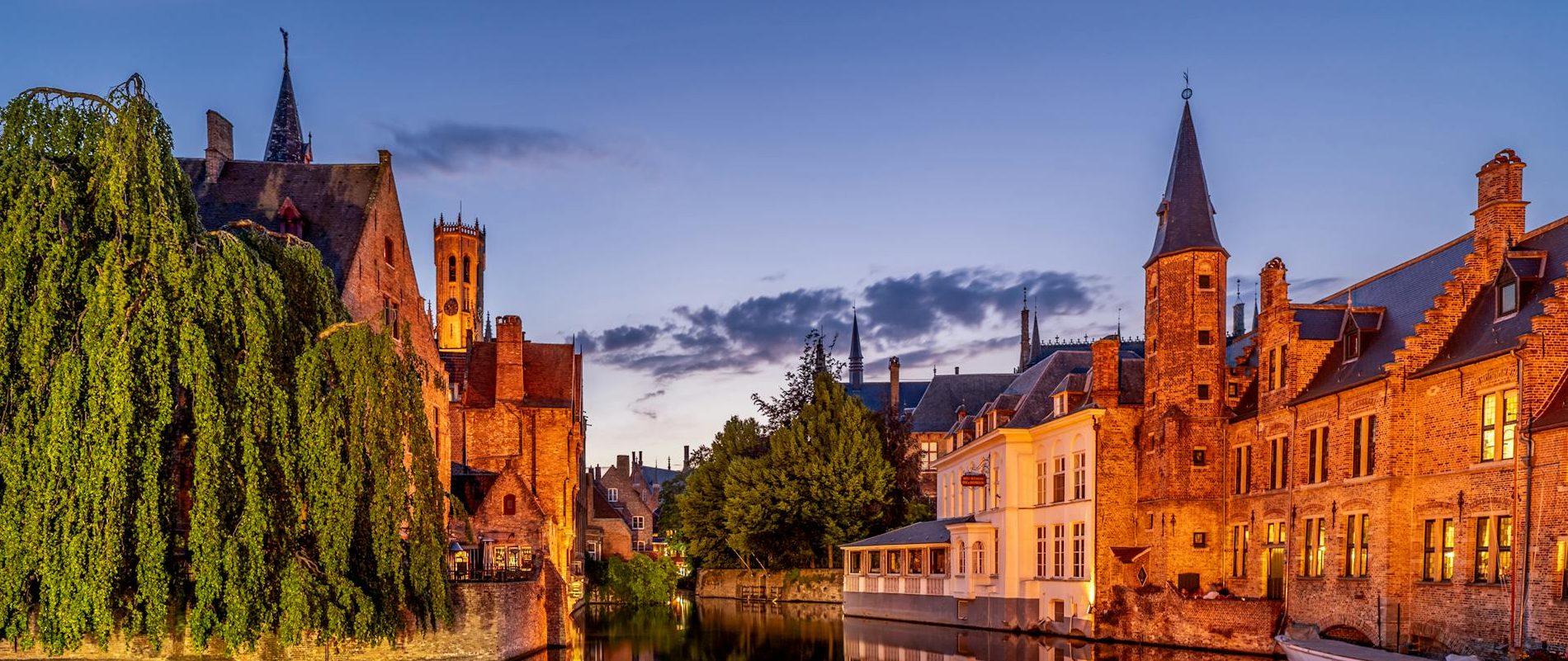 Discovering Unique Places to Live in Belgium: Finest and Popular Stops
Discovering Unique Places to Live in Belgium: Finest and Popular StopsDiscovering Unique Places to Live in Belgium: Finest and Popular Stops Living in Belgium as a newcomer means…
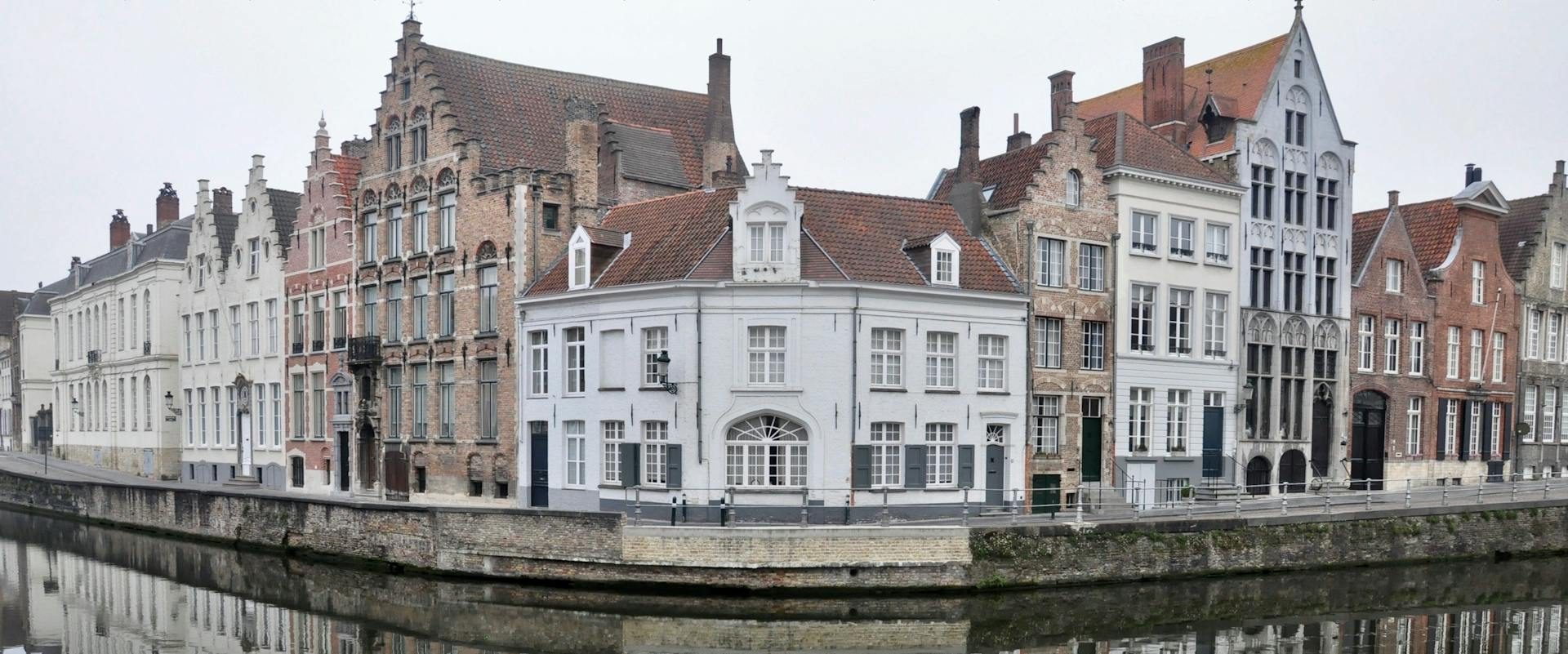 The Joys and Challenges of Living in Brussels with Family
The Joys and Challenges of Living in Brussels with FamilyThe Joys and Challenges of Living in Brussels with Family With a multicultural setting, a wide variety of…
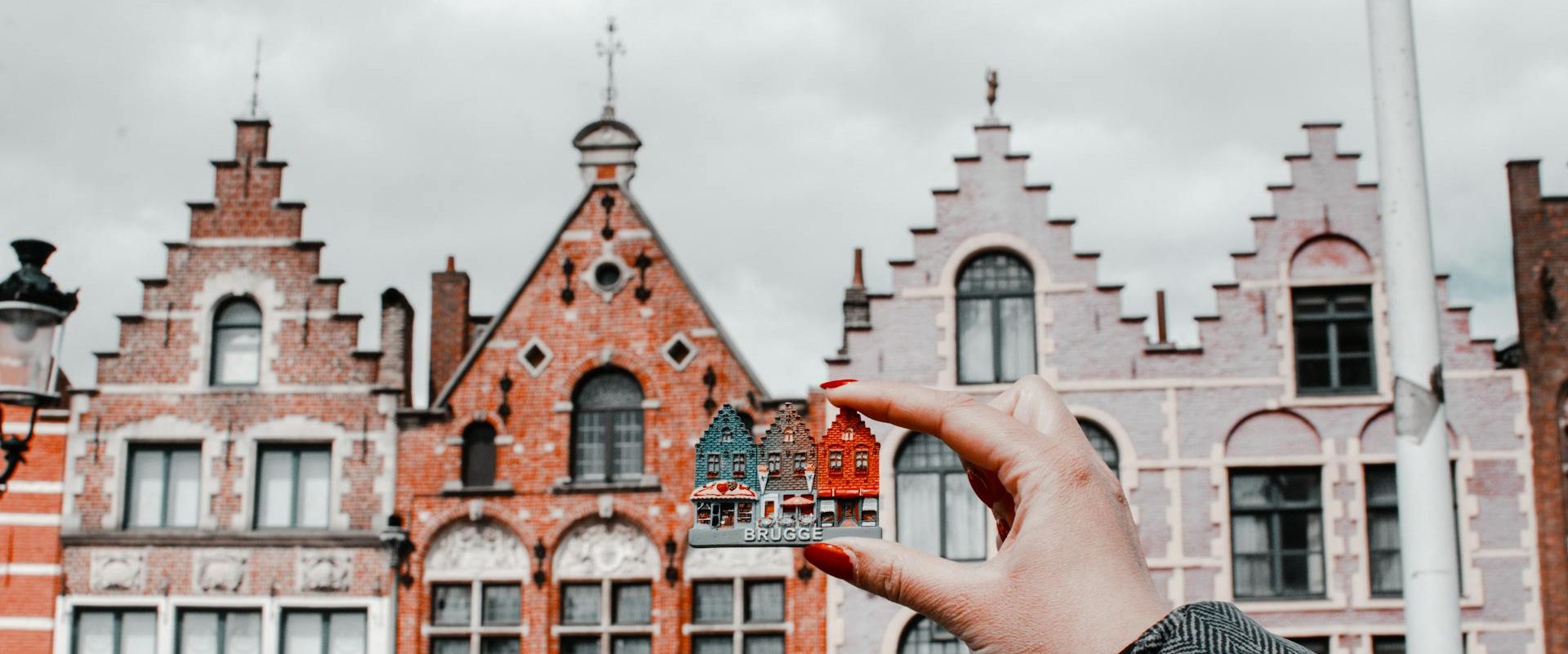 Are You Looking For The Cheapest Place To Live In Belgium?
Are You Looking For The Cheapest Place To Live In Belgium?Are You Looking For The Cheapest Place To Live In Belgium? Looking for the cheapest place to live…